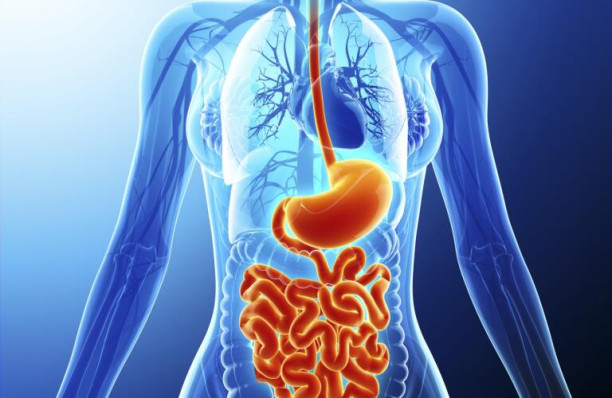
Gastroenterology
Gastroenterology is primarily concerned with the digestive diseases. It focuses on the treatment of diseases that affect the gastrointestinal tract involving stomach, pancreas, gallbladder, esophagus, large intestine and small intestine. A Gastroenterologist properly diagnoses and treats the diseases of the digestive system.
Who should consider Gastroenterology Surgery? Weight loss and change in bowel habit are the alarming symptoms for gastroenterology. Apart from these, there are some conditions where the patient is required to consult a specialist:
- Constipation
- Abdominal Pain
- Diarrhea
- Blood in the Stool
- Gastroesophageal Reflux Disease or Acid Reflux
Gastroenterology Disorders
- Bowel and Colon Cancers
- Biliary Tract Disease
- Peptic Ulcer Disease
- Irritable Bowel Syndrome
- Cholecystitis
- Gastric Cancers
- Hepatitis
- Pancreatitis
- Colon Polyps
- Esophageal Cancers
- Cancer and Gall Bladder Stones
- Achalasia
- Pancreatic Cancer
- Malabsorption and Nutritional Problems
- Gastroesophageal Reflux
Types of Gastrointestinal Surgery
- Mediastinal Masses
- Achalasia
- Laryngopharyngeal Reflux Disease (LPR)
- Paraesophageal Hernias, Hiatal Hernias and Ventral Hernias
- Gastrointestinal Rreflux Disease (GERD) or Severe Heartburn
- GIST and Other Stomach Tumors
- Esophageal Disease
- Anorectal Disease Including Rectal Prolapse, Incontinence
- Gallbladder Disease
- Ulcerative Colitis and Crohn’s Disease
- Enterocutaneous Fistula and Short Bowel Syndrome
- Gallbladder Cancer
- Stomach Cancer
- Liver Cancer
- Pancreatic Cancer
- Esophageal Cancer
- Colorectal Cancer
Capsule Endoscopy (Inpatients) - It is a procedure where the patient has to swallow a vitamin-sized capsule which contains a tiny wireless camera. This helps in getting pictures of your digestive tract for medical diagnosis.
Colonoscopy (Full Length) - Colonoscopy is a medical test to examine the abnormalities and changes in the large intestine and rectum. The doctor will do so by inserting a long, flexible tube into the rectum with an attached tiny video camera to it. This help in viewing the inside of the entire colon for better diagnosis.
Endoscopy (UGI Endoscopy) - It is a test done to examine any part of the upper digestive system or UGI (upper gastrointestinal tract including the small intestine, stomach, esophagus, and mouth). The same is done by inserting a long, flexible pipe through the mouth for diagnosis and treatment.
Endoscopy Pseudocyst Drainage - Pancreatic pseudocysts are cysts on the pancreas which appear as fluid-filled sacs that cause trauma or pancreatitis. The procedure followed is where an endoscopic ultrasound is inserted in the GI tract, just a little close to the pancreas in order to drain the cysts.
ERCP (Diagnostic) - Endoscopic retrograde cholangiopancreatography is a technique to examine the problems in the gall bladder, pancreatic ducts, and the bile. It uses both endoscopy and fluoroscopy.
Esophageal Stenting - It is a procedure in which a pipe is inserted in the esophagus (throat) to open the blocked area. Basically, it is done to help swallow fluids and solids and is a part of the treatment for peptic esophageal strictures, esophageal perforation, tracheoesophageal fistula, etc.
Sigmoidoscopy - It is a procedure to view the inside of the rectum and lower colon also known as sigmoid colon and descending colon for any cancers, polyps or ulcers. The same is done with the help of a small tube with a camera and light also called sigmoidoscope.
Whipple Procedure - It is a surgical operation for the removal of tumors from the pancreas. The procedure involves the removal of the head of the pancreas, gall bladder and the first part of the small intestine and part of the bile duct. After the surgery, the organs are reconnected for the patient to digest food normally.
